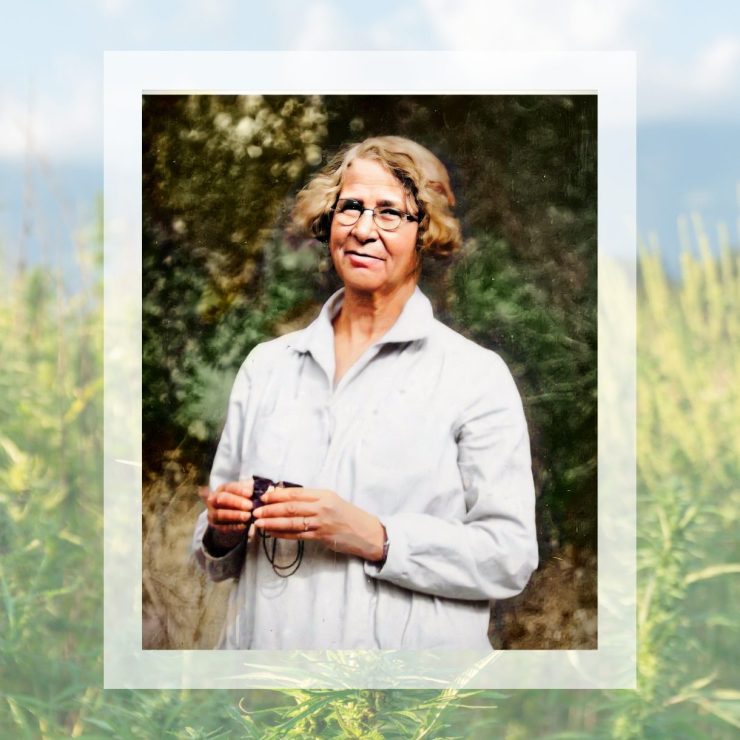For our Hispanic Heritage Month Spotlight this week, we will be highlighting Ynes Mexia – the first female Mexican American botanist, and one of the most successful of her time!
Ynes Mexia was born in Washington DC in 1870. She moved often, and following her father’s death found herself living in Mexico for 30 years to look after the family ranch. A tumultuous childhood and early life caused her to develop some mental health issues, and she moved to San Fransisco to seek treatment and start fresh. Mexia began her career in San Fransisco as a social worker, but quickly discovered her love for the environment. Excited to learn more about the environmental movement, she joined the Sierra Club and Save the Redwoods League, deepening her interest in the conservation movement, and specifically the preservation of redwood trees. Her passionate advocacy for the redwoods put her at the front of the national park conservation movement and would soon inspire her to become even more involved.
In 1921 at age 51, Ynes Mexia went back to school to pursue botany at the University of California, Berkeley. Going back to school at this age is uncommon now and was even more so for a woman at her time, demonstrating her bravery and passion. Her time at Berkeley led her to begin a career in botany travelling around the Americas collecting and categorizing plant specimens. Mexia’s first plant-collecting excursion was to Mexico in 1925 with a group from Stanford. On this trip she realized that she preferred to work alone and broke off from the group to work independently. She ended up collecting over 1,500 plant specimens, and one of them, Mimosa Mexiae, became the first plant of many named after her.
Mexia spent 13 years travelling the Americas, usually alone, and collected over 145,000 plant specimens in her lifetime. She would be in the field for months at a time sleeping outside and riding horses, which many found shocking due to her gender. Mexia was the first botanist to collect from what is now known as Denali National Park in Alaska, and frequently advocated for the rights of Indigenous people in areas she collected from. She discovered and categorized over 500 new plants, over 50 of which were named after her. During a trip to Mexico in 1938, Mexia was diagnosed with lung cancer. She died at age 68, leaving most of her estate to Save the Redwoods League and the Sierra Club.
Ynes Mexia was a pioneer in the fields of botany and conservation. A solo-traveling woman of color over 50 years old, there was no one like her at the time. Today, her collections are displayed in museums and universities and are still used by researchers. Her legacy reminds us that women and people of color have always played pivotal roles in advancing the industries they’re in, despite often being overlooked.
